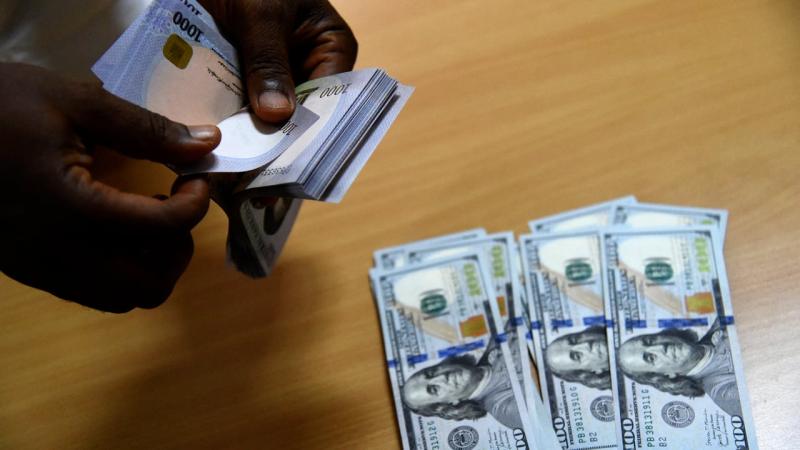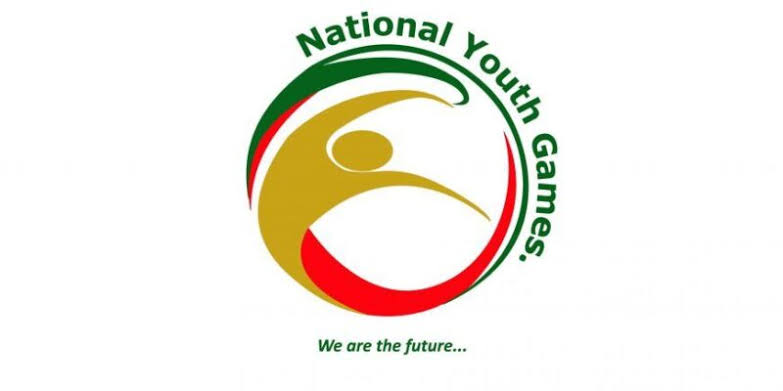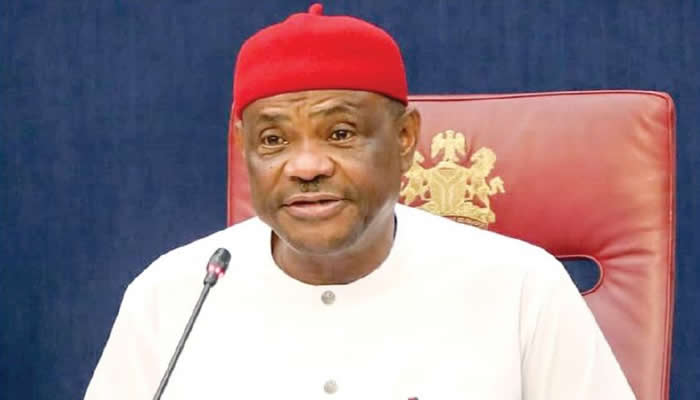
$20.93 Billion Lifeline: FG Applauds Nigerians Abroad for Powering the Economy

In what has been described as a resounding vote of confidence in the strength and impact of Nigerians living abroad, the Federal Government has openly celebrated the Nigerian diaspora community for their monumental contribution of $20.93 billion in remittances. The announcement, which has sent ripples across economic and political circles, underscores the critical role Nigerians overseas continue to play in the sustainability and development of the nation’s economy, even as the country grapples with persistent fiscal challenges.
The staggering figure, confirmed by The Nation Nigeria and other top financial monitoring institutions, was recorded as the total remittance inflow into the country for the year, showcasing a consistent pattern of economic loyalty and solidarity from Nigerians far from home. At a time when Nigeria is facing foreign exchange constraints, surging inflation, and a weakening naira, this influx has proven to be more than just a statistic—it is a lifeline that is helping to keep millions afloat.
Government officials were swift in their commendation, issuing heartfelt statements recognizing the sacrifices and patriotism demonstrated by the Nigerian diaspora. In a message laced with gratitude and realism, a senior official from the Ministry of Finance emphasized that the remittances were not only a show of economic power but also a manifestation of unbroken emotional and cultural ties to the motherland. “These remittances are not just numbers; they represent school fees paid, hospitals built, families fed, and dreams kept alive. Our brothers and sisters abroad are doing more than many may understand—they are holding the economy steady in ways that deserve more than just applause,” the statement read.
This celebratory stance by the federal government has also triggered a broader discussion about the potential untapped power of Nigeria’s diaspora community, one of the largest in Africa. Analysts and economists have been quick to note that if better structured policies and incentives are introduced, diaspora engagement could evolve from informal remittances to formal investments in infrastructure, education, healthcare, and innovation. For now, though, the immediate effect of this nearly $21 billion inflow is being felt across several layers of the economy.
The Central Bank of Nigeria (CBN), which has been under intense scrutiny over foreign exchange management, acknowledged that diaspora remittances have become a stabilizing force amid dwindling oil revenues and foreign direct investments. In a recent report, the apex bank revealed that a significant chunk of the remittances were funneled into sectors such as real estate, small and medium enterprises, and education, essentially sustaining local industries and reducing the burden on public infrastructure. Experts believe that this private capital movement has provided more cushioning than many donor aids or development loans in recent years.
The celebration comes at a time when many Nigerians abroad are also navigating tough economic terrains in their host countries. From healthcare professionals in the UK to tech entrepreneurs in Canada and students in the US, the diaspora community is sending more money home despite dealing with inflation, rising living costs, and tightening immigration policies in the West. It speaks volumes about the resilience and commitment embedded in the Nigerian spirit—a determination to uplift family and home regardless of the distance or personal cost.
Social media platforms lit up following the government’s recognition, with many Nigerians both home and abroad reacting to the announcement. Some praised the acknowledgment, while others called for more structural reforms that would ensure that remittances translate into sustainable development and not just consumption. “We appreciate the shoutout, but what would mean even more is policy consistency, better banking systems, and a government that actually engages with us beyond election seasons,” tweeted a US-based Nigerian nurse.
For years, experts have urged the government to harness the power of its global citizens, advocating for diaspora bonds, investment summits, and real-time engagement that goes beyond ceremonial praise. Although Nigeria has made efforts through institutions like the Nigerians in Diaspora Commission (NiDCOM), critics argue that more proactive measures are required to transform the diaspora from remittance agents to stakeholders in governance and national strategy.
Meanwhile, remittance recipients across Nigeria continue to feel the direct impact. In cities like Lagos, Abuja, and Enugu, the inflow of foreign currency has helped many households stay afloat amid rising food prices and skyrocketing transport costs. Some beneficiaries interviewed revealed that without monthly support from family members abroad, they would have been unable to pay school fees, rent, or even afford basic healthcare. In a country where social welfare is minimal, such financial aid often replaces the role of government in people’s lives.
Interestingly, the remittance narrative is not just about economic numbers—it’s also about emotional connection. For many in the diaspora, sending money home is a way of staying grounded, of maintaining a spiritual and cultural bond that transcends borders. It is an act of love, of responsibility, and of hope. It is a message that says, “I may not be there physically, but I have not forgotten you.” In this sense, the celebration by the Federal Government is more than a fiscal gesture; it is an emotional recognition of sacrifice and solidarity.
As Nigeria continues to navigate its economic recovery, experts are urging both the government and private institutions to scale up efforts in making diaspora engagement more productive. With nearly 15 million Nigerians living outside the country, the potential is vast, and the current remittance figure may only be scratching the surface. If properly tapped, this resource could be Nigeria’s golden goose—not just in cash, but in ideas, skills, innovation, and global networks.
The celebration of the $20.93 billion remittance milestone is undoubtedly a well-earned acknowledgment. Still, many believe it should be a launching pad for deeper reforms and broader engagement. Nigerians abroad are proving every day that they are not just citizens of the world, but custodians of hope for a nation in search of solutions. Now that the government has applauded their efforts, the next step, many argue, is to match words with action—by building bridges, creating systems, and enacting policies that will not only recognize, but also reward and expand the diaspora’s role in nation-building.
For now, one thing is clear: when the Nigerian economy needed a friend, it found one—not in oil wells or foreign loans—but in its people, spread across continents, armed with ambition, empathy, and a fierce love for home.


